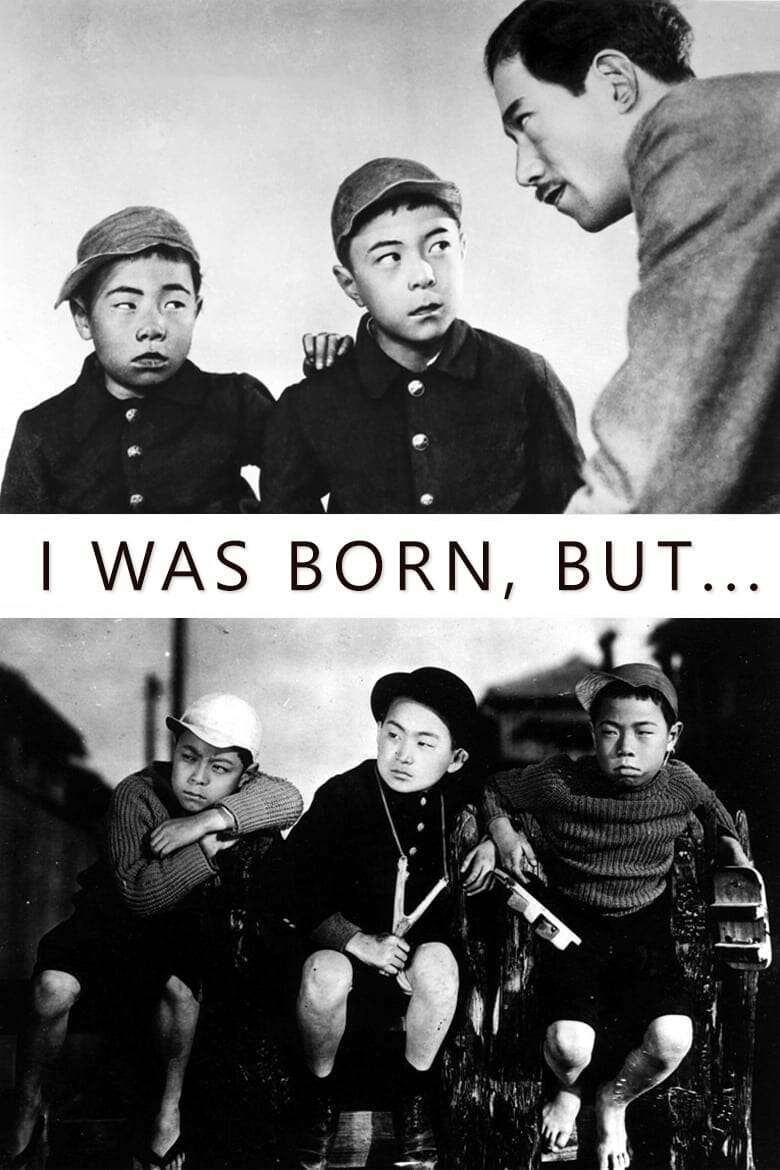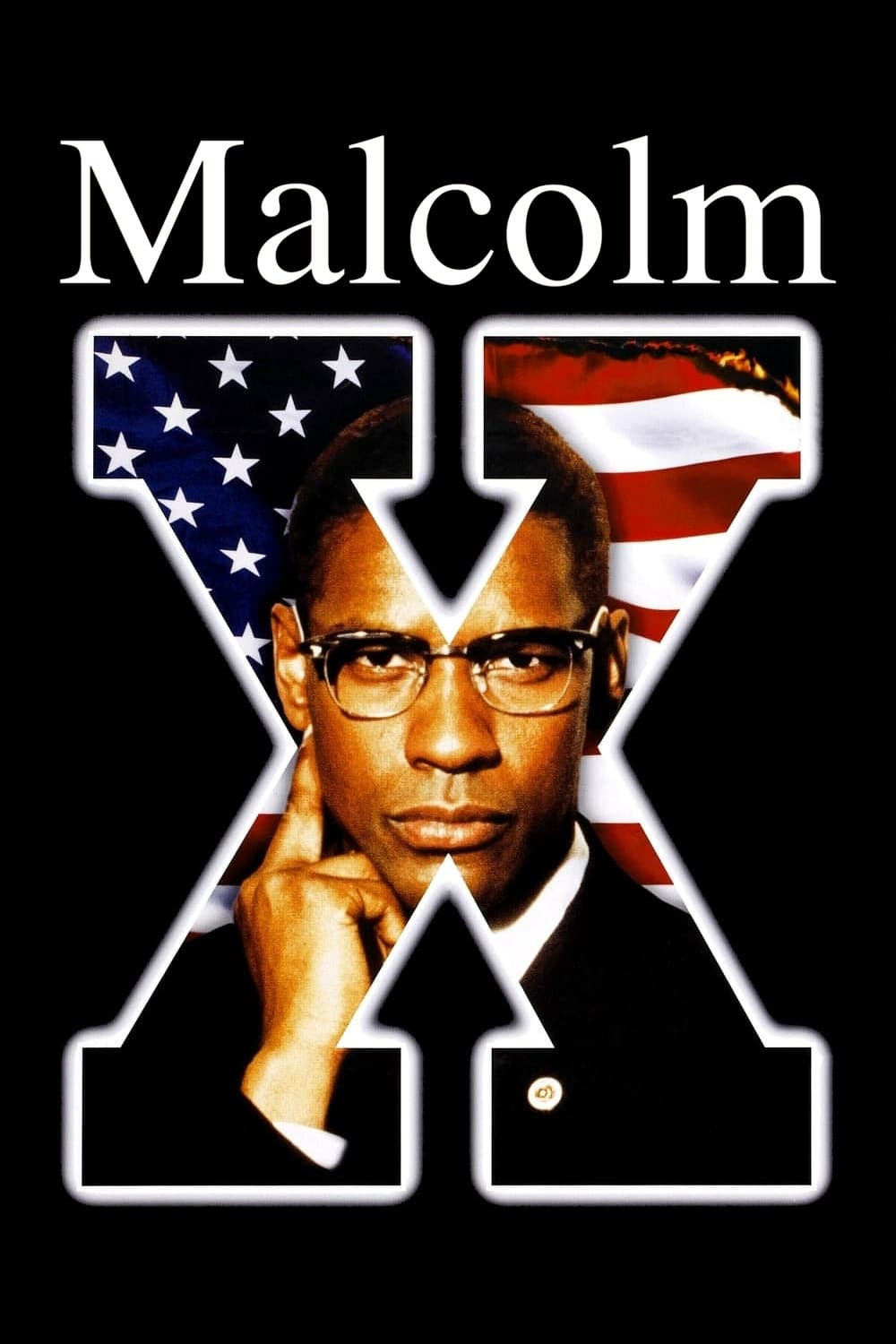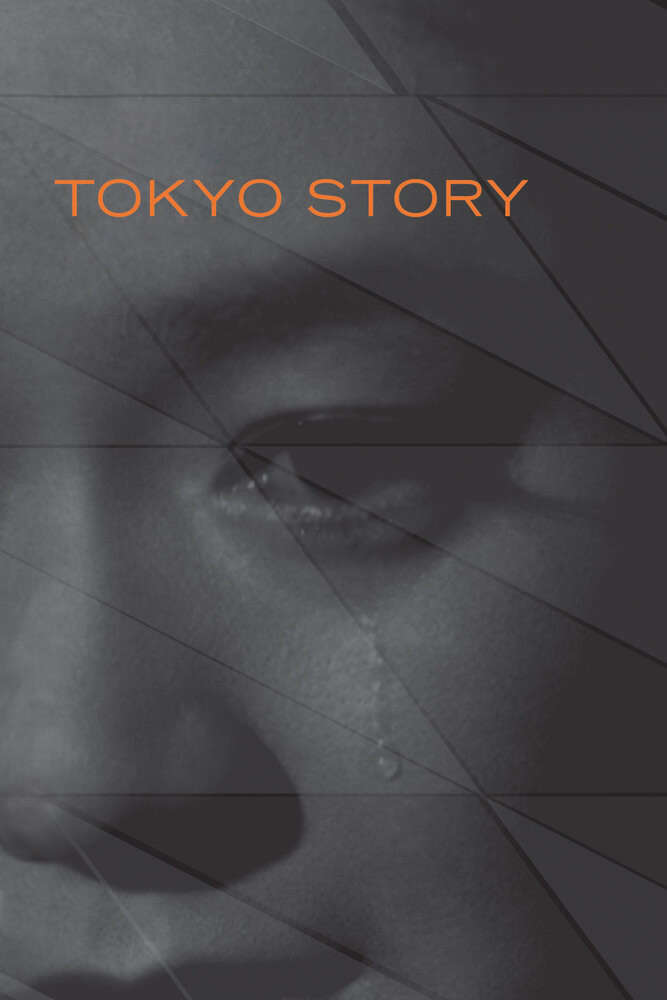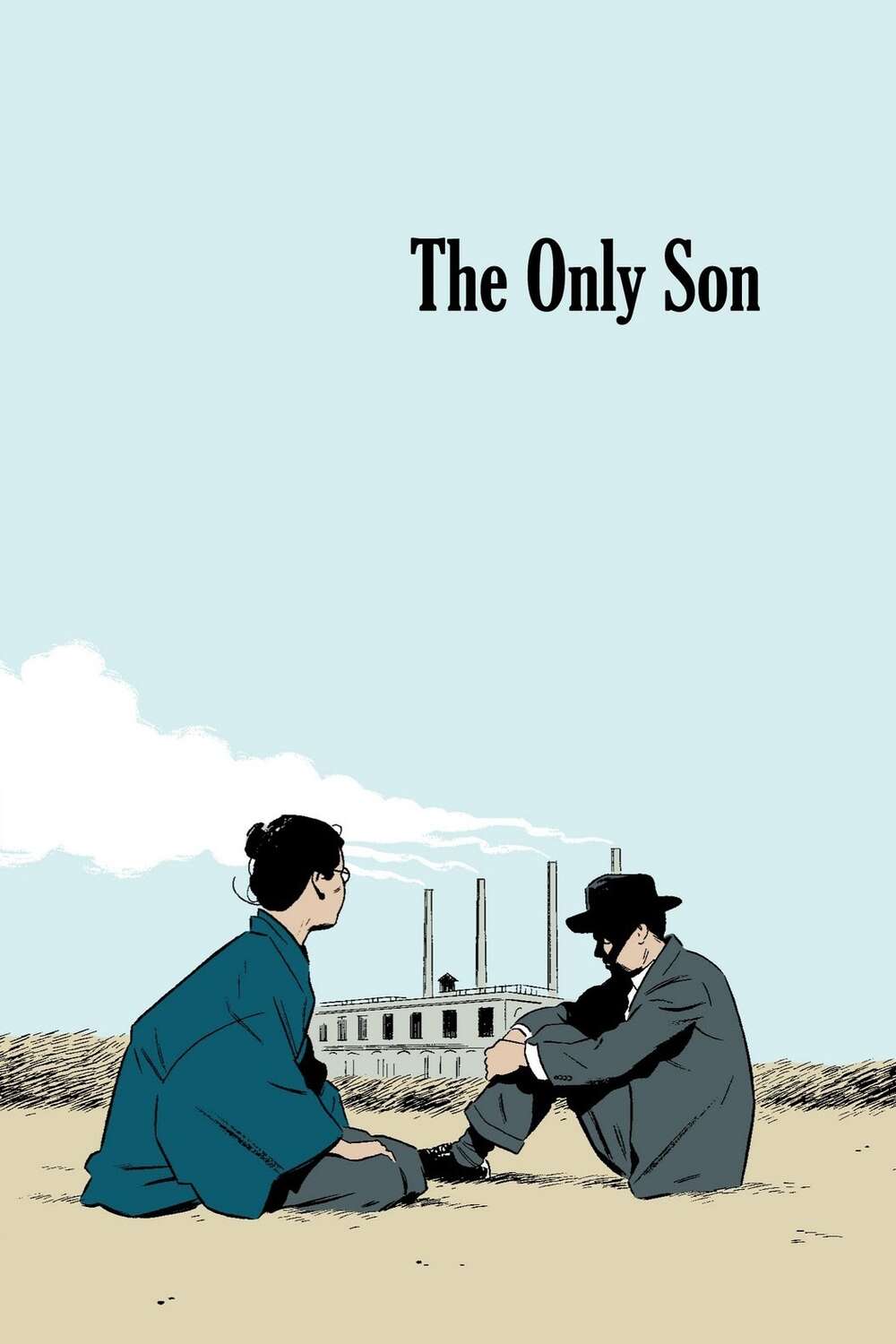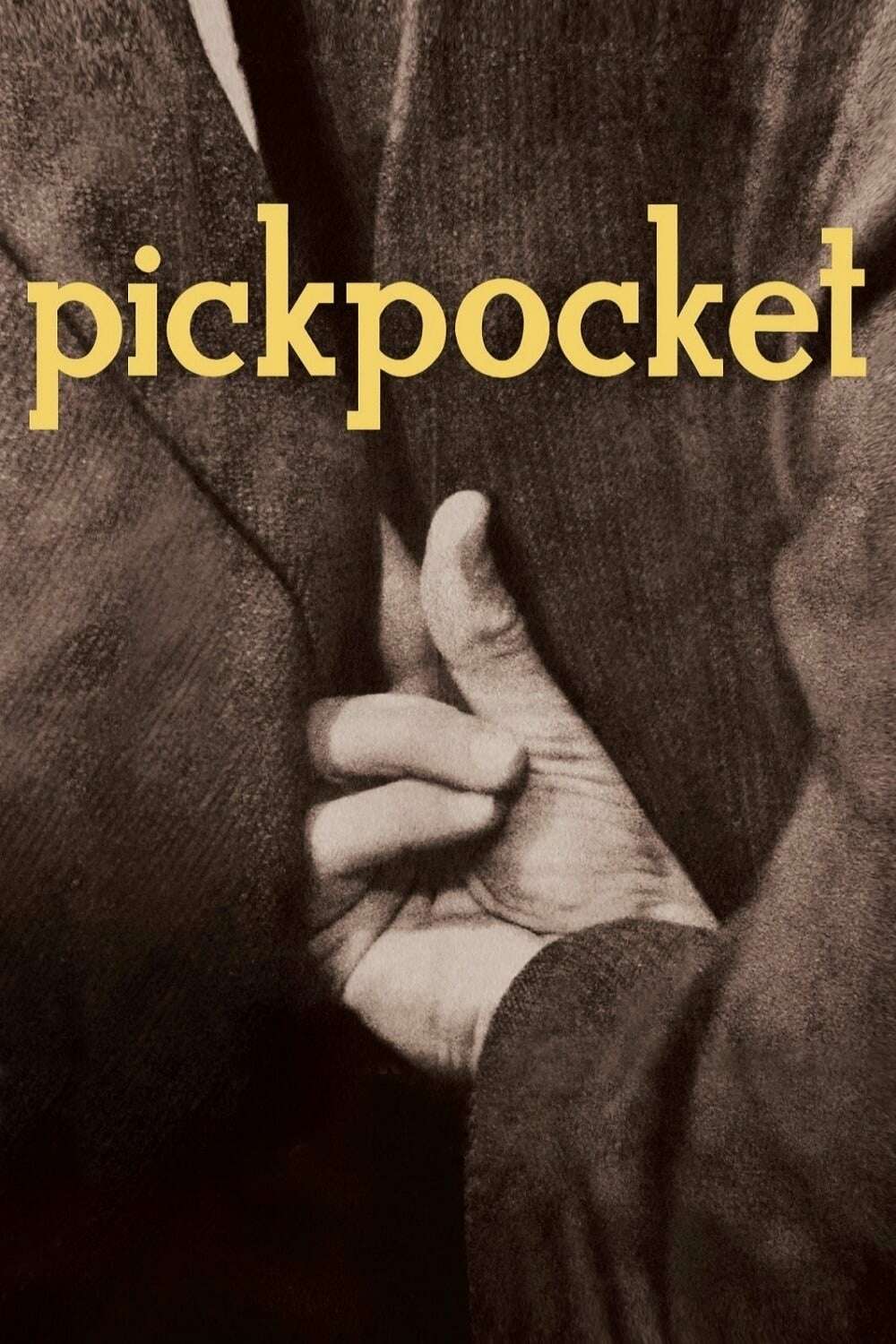Happy 100th Birthday to Omaha, Nebraska's own El-Hajj Malik el-Shabazz, better known to the world as Malcolm X. Few figures have become so influential without being able to be co-opted by the establishment—though it is not because folks haven't tried. James Baldwin details in his book
The Devil Finds Work how Hollywood tried to get him to write a watered-down screenplay for an aborted adaptation of X's autobiography which thankfully Baldwin pulled out of. In 1991 Hollywood tried to do another adaptation with Norman Jewison at the helm, but Spike Lee caught wind of this and was able to take control of the project and make the greatest biographical film of all time and possibly Denzel Washington's greatest starring role.
This movie saw the last team-up of Spike Lee and his legendary cinematographer Eric Dickerson and it is their crowning achievement. All of the Lee/Dickerson signature shots are here in top form and all set pieces are absolutely beautiful. Nearly the whole 40 Acers stable of actors & crew. Ruth E. Carter wardrobe design is so accurate that you would've thought she was there. We get supporting actors like Delroy Lindo who has been keeping busy in 2025 is shows that he has been an expert character actor for a long time. Angela Basset plays Betty Shabazz like she was born for the role. Hell, even Spike Lee does a good job and shows why he is the best acting-director. But obviously there is one actor who shines above the rest...
Denzel Washington was no rookie before this film and this not his first Spike Lee film, but I still don't think any role he has played has been better and more important than this. Honestly, I don't know who else could've rise to the occasion to play this role other than Malcolm X himself. Quite a few people have played Malcom X in movies and television since Denzel, but none get the role as dead-on accurate as he does. He said that he spent hundreds of hours listening to as many speeches and footage of Malcolm that was available and it shows. I don't know of anyone in a film biography more take on a role so completely as Denzel Washington did and he truly makes me forget that I am watching an actor whenever I watch this movie.
I don't know what else is there to be said. Spike Lee made the best biographical film adapted from the greatest autobiography ever written. It is a three-act epic of the life of a man who has influenced countless people (including myself) into a more in-depth pride of themselves and their Blackness. I don't know what else to say but to quote from Ossie Davis' eulogy of him:
"Malcolm was our manhood, our living, black manhood! This was his meaning to his people. And, in honoring him, we honor the best in ourselves...However we may have differed with him – or with each other about him and his value as a man – let his going from us serve only to bring us together, now."
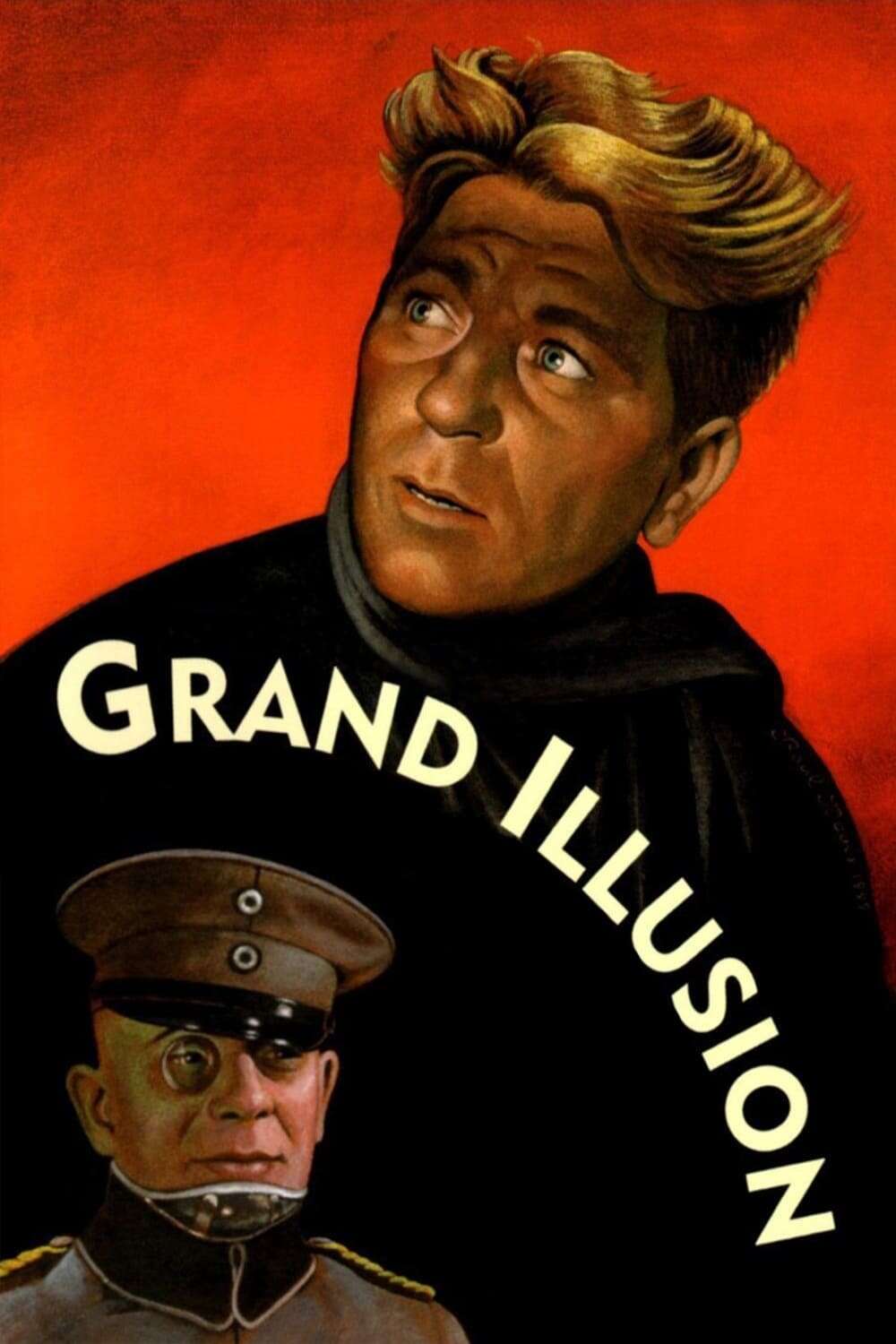
.jpg/800px-Festival!_(1967_film_poster).jpg)
